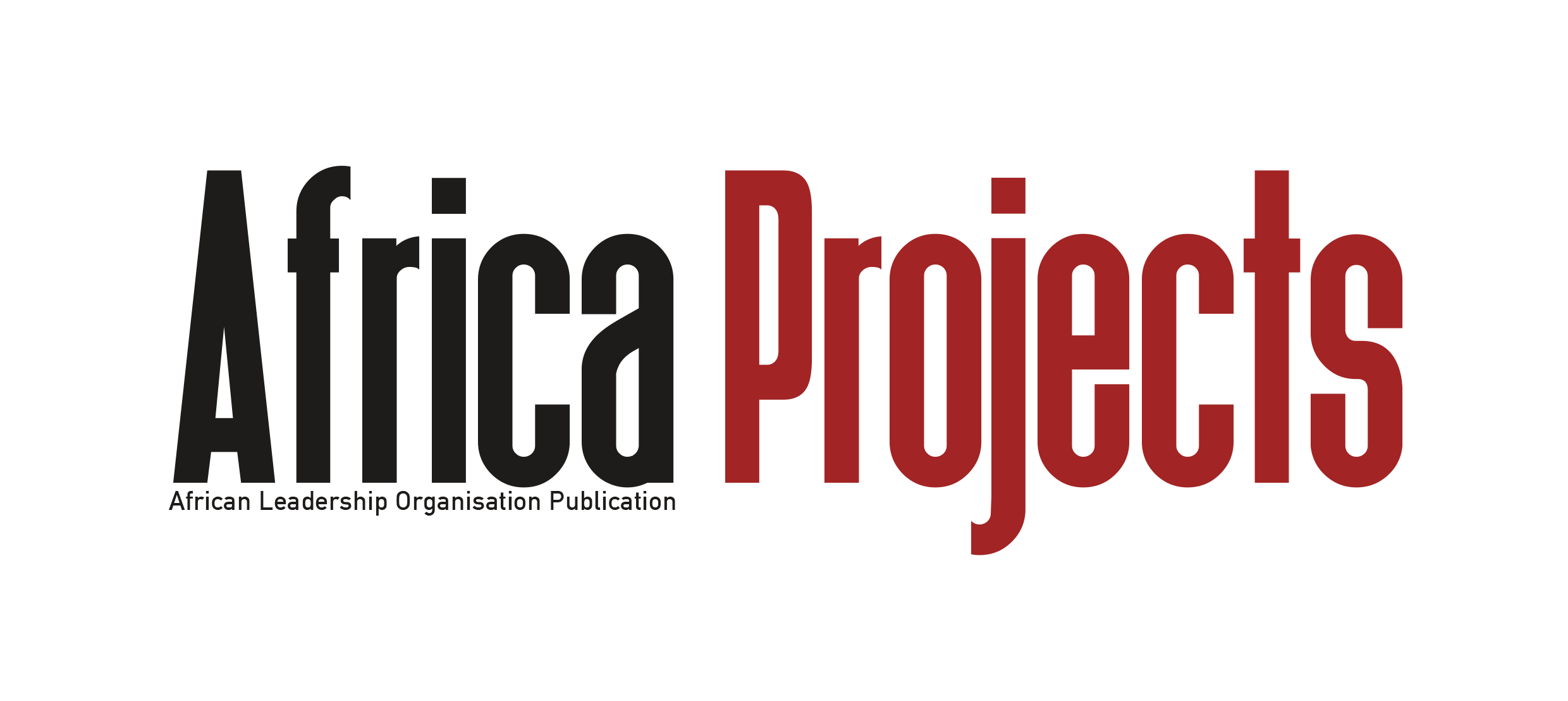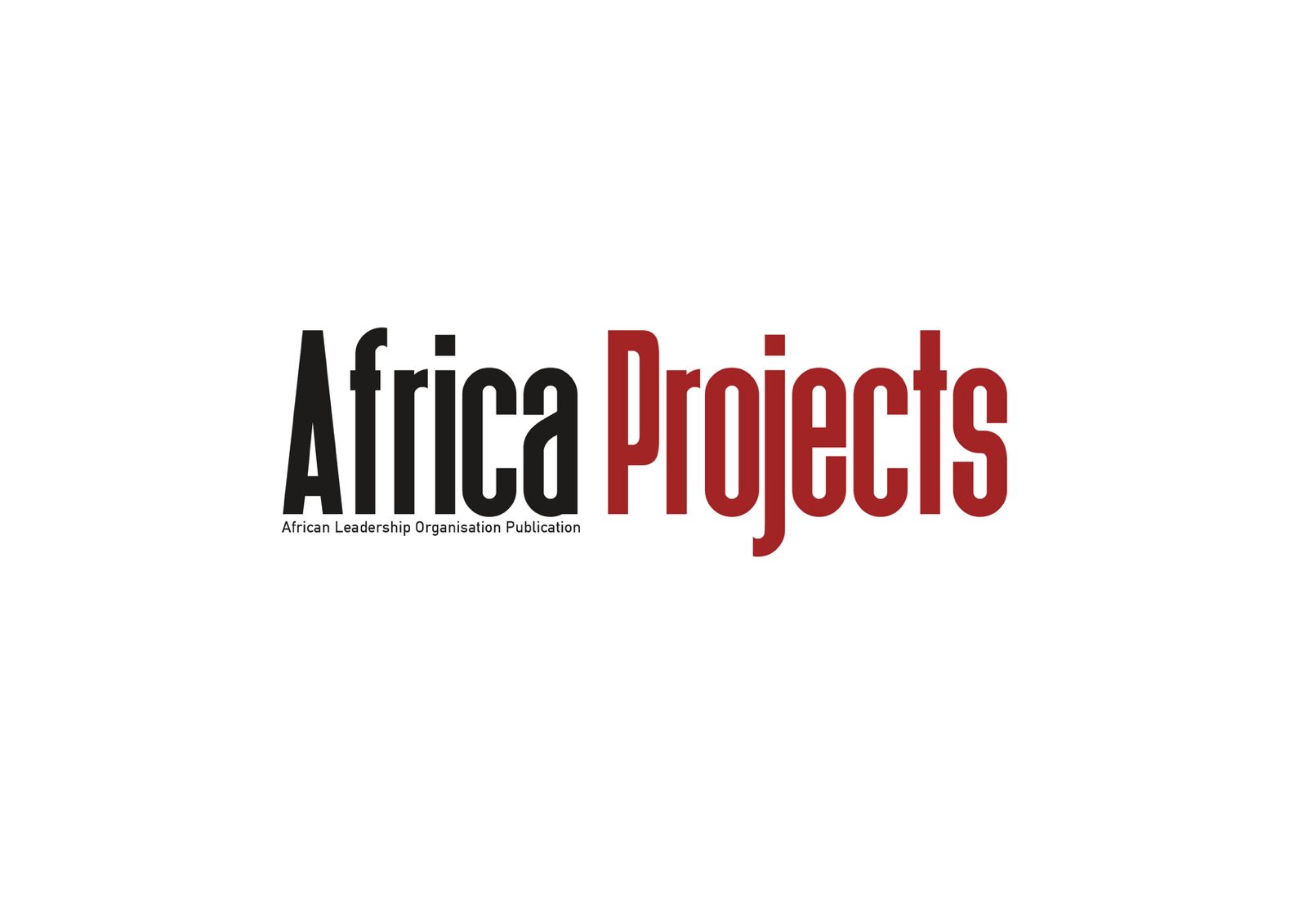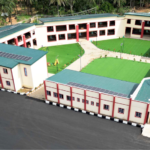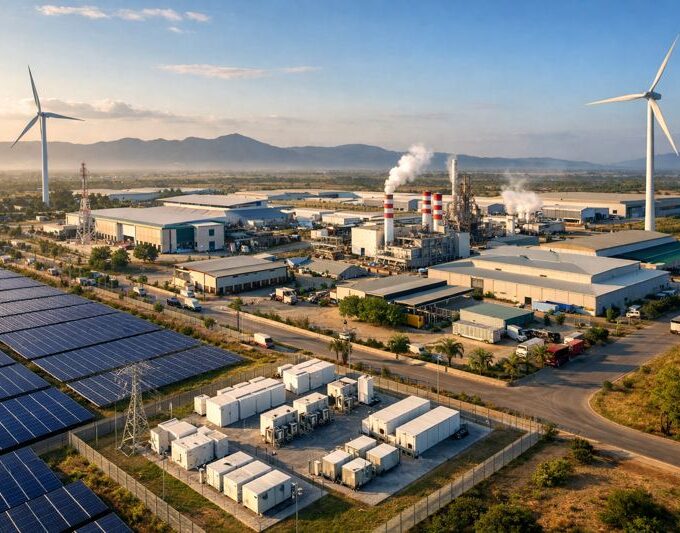- Home
- Features
- Startup Zone
- Projects
- Policies
- Shop
- Policies
- Projects
- Startup Zone
- Country Spotlight
- Analysis
- Tech
- Policies
- Projects
- Startup Zone
- Country Spotlight
- Analysis
- More
- Beyond the Kalashnikov: Africa’s Shift Toward Technology-Driven Warfare
- Afrail Express: Uniting a Continent on Rails
- AFRICA’S ENERGY CORRIDORS: CONNECTING POWER, PEOPLE, AND PROSPERITY
- Startup Lions Campus: Empowering Kenya’s Digital Generation
- L’Art de Vivre’s Le Paradis de Mahdia: Tunisia’s Model for Sustainable Luxury
- The Lobito Corridor: Rewiring Africa’s Trade Arteries Through Strategic Infrastructure
- AFRICA’S GREEN ENERGY TRANSITION: A BEACON OF HOPE FOR CLIMATE ACTION
- Dangote Refinery: Showcasing Africa’s Project Success Story
- AFRICA GREEN ECONOMY: ALL YOU NEED TO KNOW
- The Most Important Amicus Brief in the History of the World
- The Rise of Indigenous UAVs: Africa’s Drone Capabilities in Warfare and Surveillance
- AFRICA’S LARGEST OIL PRODUCERS: A COMPREHENSIVE OVERVIEW
- Beyond the Kalashnikov: Africa’s Shift Toward Technology-Driven Warfare
- Afrail Express: Uniting a Continent on Rails
- AFRICA’S ENERGY CORRIDORS: CONNECTING POWER, PEOPLE, AND PROSPERITY
- Startup Lions Campus: Empowering Kenya’s Digital Generation
- L’Art de Vivre’s Le Paradis de Mahdia: Tunisia’s Model for Sustainable Luxury
- The Lobito Corridor: Rewiring Africa’s Trade Arteries Through Strategic Infrastructure
- AFRICA’S GREEN ENERGY TRANSITION: A BEACON OF HOPE FOR CLIMATE ACTION
- Dangote Refinery: Showcasing Africa’s Project Success Story
- AFRICA GREEN ECONOMY: ALL YOU NEED TO KNOW
- The Most Important Amicus Brief in the History of the World
- The Rise of Indigenous UAVs: Africa’s Drone Capabilities in Warfare and Surveillance
- AFRICA’S LARGEST OIL PRODUCERS: A COMPREHENSIVE OVERVIEW
- Beyond the Kalashnikov: Africa’s Shift Toward Technology-Driven Warfare
- Afrail Express: Uniting a Continent on Rails
- AFRICA’S ENERGY CORRIDORS: CONNECTING POWER, PEOPLE, AND PROSPERITY
- Startup Lions Campus: Empowering Kenya’s Digital Generation
- L’Art de Vivre’s Le Paradis de Mahdia: Tunisia’s Model for Sustainable Luxury
- The Lobito Corridor: Rewiring Africa’s Trade Arteries Through Strategic Infrastructure
- Startup Zone
Top Insights
Africa’s 5G rollout is best understood as a two-speed race: a few countries making notable progress, while many others remain on the sidelines.

The global rollout of 5G—the fifth generation of mobile network technology—is accelerating rapidly. As of 2024, countries like China, South Korea, the United States, Germany, and the United Kingdom have not only deployed nationwide 5G infrastructure but also boast hundreds of millions of subscribers. In stark contrast, Africa—despite its growing population and mobile-first digital economy—is struggling to gain a foothold in this technological revolution. The continent’s race toward 5G dominance is real, but uneven, with South Africa and Nigeria emerging as early front-runners. Yet, adoption across the region remains slow and riddled with infrastructure, policy, and affordability hurdles.
The African 5G Landscape: A Two-Speed Race
Africa’s 5G rollout is best understood as a two-speed race: a few countries making notable progress, while many others remain on the sidelines.
South Africa: The Undisputed Leader
South Africa is Africa’s undisputed 5G leader. It became the first African country to launch commercial 5G services when Vodacom and MTN deployed networks in May 2020. The country benefited from an early release of spectrum by the Independent Communications Authority of South Africa (ICASA), which auctioned off high-demand spectrum in March 2022.
- Coverage & Penetration: Vodacom and MTN now provide 5G services across major cities, including Johannesburg, Cape Town, and Durban. Rain, an independent telecom operator, is competing aggressively in the 5G Fixed Wireless Access (FWA) space.
- Subscriber Base: Projections indicate South Africa could reach 11 million 5G subscribers by 2025.
- Competitive Landscape: The presence of multiple network operators has fostered innovation and driven competitive pricing, accelerating adoption.
Nigeria: Rapid Expansion, Slower Adoption
Nigeria is Africa’s largest telecom market by subscriber base. It formally entered the 5G space in 2022, when MTN launched commercial 5G in Lagos, later expanding to Abuja, Port Harcourt, Ibadan, Kano, and Maiduguri. Airtel also secured spectrum and began rollout efforts in 2023.
- Partnerships: MTN’s deployment is backed by Ericsson and Huawei, with support from the Nigerian Communications Commission (NCC) on spectrum licensing.
- Challenges: Despite the expansion, 5G adoption in Nigeria remains below 3%. Cost of devices, limited fibre backhaul, and low consumer awareness hinder progress.
- Potential: Nigeria’s youthful population and mobile-savvy urban centres offer strong future prospects—if infrastructure and regulatory alignment improve.
Emerging Contenders: Kenya, Botswana, Angola & Zimbabwe
Several other African nations have joined the 5G race, albeit at a slower pace:
- Kenya: Safaricom launched 5G in 2021 in Nairobi and other urban centres. Coverage remains limited, primarily focused on FWA for homes and businesses.
- Botswana: Orange Botswana rolled out 5G services in Gaborone and Francistown, aiming to position itself as a digital innovation hub in southern Africa.
- Zimbabwe & Zambia: Both countries have launched pilot 5G FWA networks, but affordability and infrastructure constraints limit widespread use.
Africa’s Challenges: The Weight Slowing the Sprint
- Infrastructure Deficit
5G requires dense fibre-optic networks and robust Radio Access Networks (RAN). Most African countries still rely heavily on legacy 3G and 4G infrastructure. Fibre coverage is sparse, especially outside capital cities. The cost of building this physical infrastructure—base stations, antennas, backhaul networks—is prohibitively high for many operators.
- Spectrum Availability & Pricing
5G needs access to low-, mid, and high-band spectrum. In many African nations, essential bands (especially mid-band, ideal for both coverage and speed) are tied up by TV broadcasters, satellite operators, or simply not yet released. Governments must prioritise timely, affordable spectrum auctions and harmonised regional policy frameworks.
- Regulatory Bottlenecks
Many telecom regulators across Africa are yet to finalise 5G licensing frameworks. Complex application processes, limited transparency, and high license fees disincentivise investment. Regulatory uncertainty slows innovation and capital expenditure in a sector that thrives on long-term planning.
- Device Affordability & Consumer Readiness
5G-enabled smartphones remain out of reach for a majority of Africans, with prices often exceeding $300. While prices are falling globally, the average income levels in Sub-Saharan Africa limit consumer purchasing power. Moreover, the benefits of 5G—such as ultra-low latency and gigabit speeds—are not yet compelling for many average users, especially in rural areas.
- Urban-Rural Digital Divide
Urban areas are absorbing most of the 5G investment, but they are nearing saturation in terms of infrastructure. Meanwhile, 60% of Sub-Saharan Africa’s population lives in rural areas where even 3G or 4G connectivity is poor or non-existent. Expanding 5G to rural regions will require targeted subsidies, universal service funding, and strategic collaborations.
Global Comparison: Why Africa Is Falling Behind
The contrast between Africa and global 5G leaders is stark:
- China leads the world with over 250 million 5G subscribers and more than 2 million base stations. Aggressive state support and domestic production capabilities have slashed rollout costs.
- South Korea achieved one million subscribers within 69 days of launch, thanks to government incentives and tech-savvy consumers.
- USA & Germany implemented infrastructure sharing, low-band auctions, and commercial partnerships to speed up deployment and reduce costs.
Africa, by comparison, lacks cohesive policy frameworks, has weak fibre infrastructure, and depends heavily on imported equipment. As of 2023, only 6–10% of the population in Africa had 5G coverage, compared to 68% in Europe and 59% in the Americas, according to the International Telecommunication Union (ITU).
The Road Ahead: Strategies for Acceleration
To move from fragmented rollouts to widespread adoption, Africa must address its systemic challenges:
- Spectrum Harmonisation: Governments must prioritise affordable, transparent, and timely spectrum auctions. The African Union and ITU can help facilitate regional coordination.
- Infrastructure Investment: Public-private partnerships (PPPs) and multilateral financing can close Africa’s digital infrastructure gap. Local manufacturing of devices and network equipment would also reduce costs.
- Inclusive Regulation: Regulators must update licensing frameworks, encourage infrastructure sharing, and lower entry barriers for smaller operators.
- Localised Innovation: Telcos must tailor 5G use cases to local realities, such as using 5G for precision agriculture, telemedicine, and smart logistics in dense urban areas.
- Digital Literacy & Affordability: Subsidising devices and increasing awareness of 5G benefits will be key to driving demand.
Final Word: A Marathon, Not a Sprint
Africa’s 5G journey is not a lost cause—it’s simply a marathon, not a sprint. South Africa and Nigeria have taken the lead, but the true winners of the 5G race will be those countries that adopt holistic approaches, focusing not only on deployment but also on adoption, affordability, and innovation. With mobile connectivity projected to add nearly $11 trillion to global GDP by 2030, Africa cannot afford to stay behind.
5G in Africa holds promise not just for faster internet, but for a digitally inclusive continent. And in that race, the finish line is not merely technological—it is economic, social, and generational.
Recent Posts
Related Articles
Solar-Powered Industrial Parks: Driving Hybrid Energy Manufacturing Growth in Africa
As Africa faces rising energy demand, climate pressures, and persistent industrialisation gaps,...
ByafricaprojectFebruary 2, 2026Digital Government: E-Governance Infrastructure Modernizing Public Services
Digital government has become a cornerstone of public sector reform as states...
ByafricaprojectJanuary 27, 2026Science & Technology Parks Fueling Continental Innovation
Science and technology parks have become vital engines of innovation, industrial transformation,...
ByafricaprojectJanuary 26, 2026Mining Logistics Infrastructure: Expanding Railways, Ports, and Processing
Mining remains one of Africa’s most critical economic sectors, supplying the world...
ByafricaprojectJanuary 21, 2026












